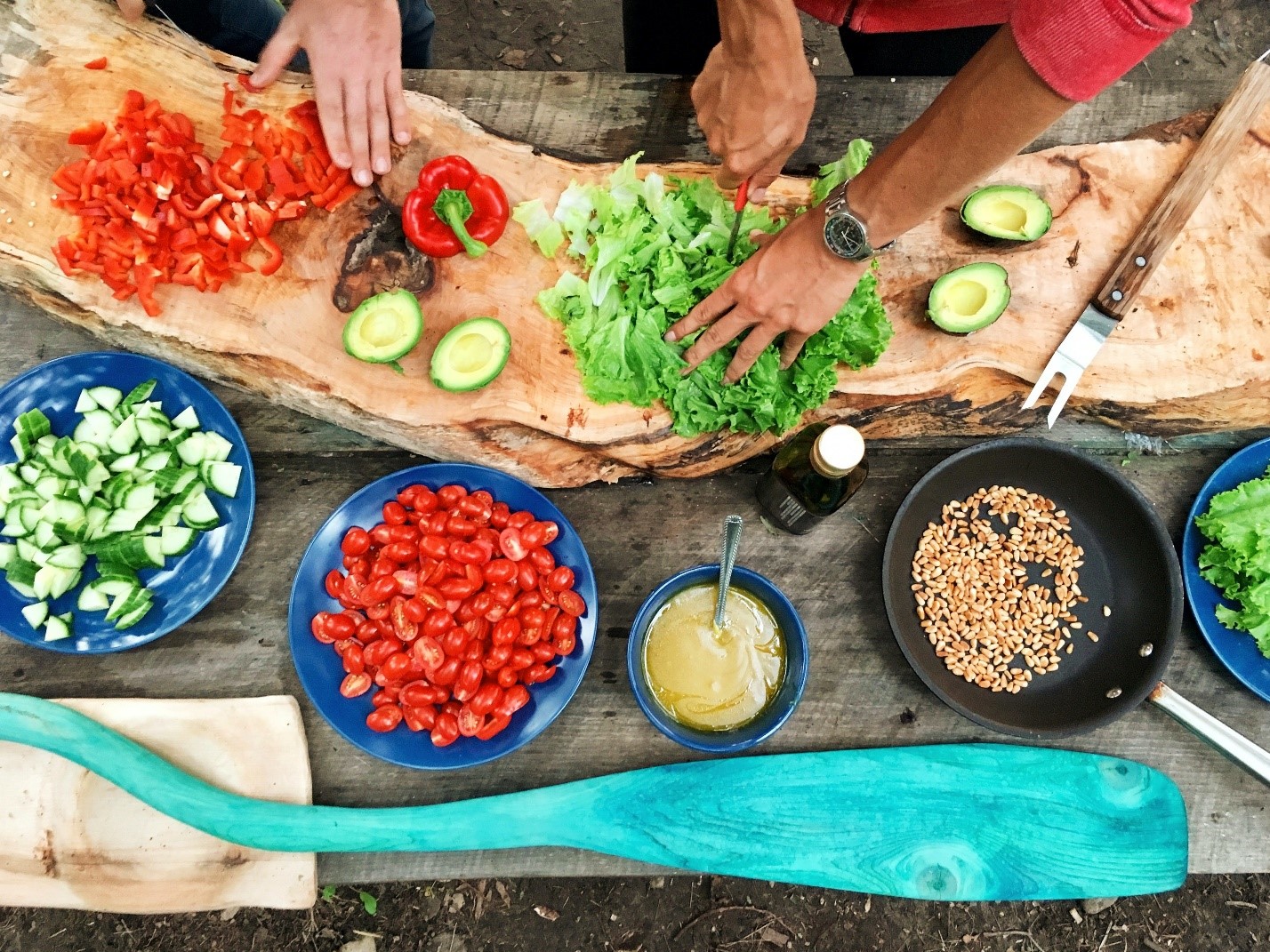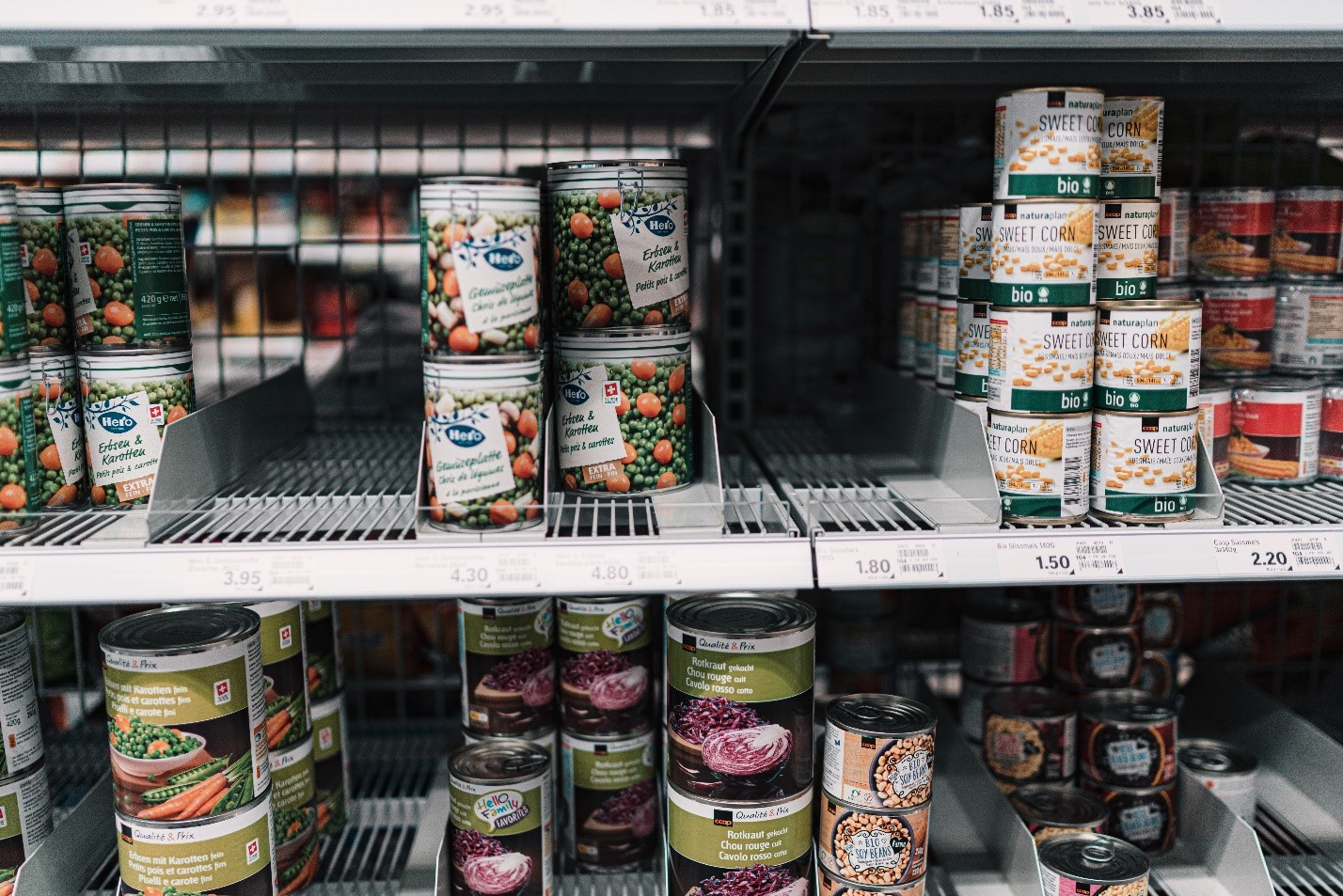Sustainability has become a routine part of corporate governance for many food and beverage companies. Organizations are increasingly aware of the direct and indirect impacts that manufacturing processes or sourcing of products can have on the environment, not to mention on a company’s reputation.
From small companies to big fish, a shift toward sustainability is evident in the industry, especially as some companies begin developing post-COVID-19 strategies. Here are some food and beverage companies that are sticking to sustainability initiatives in 2020.
Related: Are Single-Use Plastics Safer for Food Delivery?
PepsiCo
PepsiCo recently released its 2019 sustainability report called Helping to Build a More Sustainable Food System. The company tracks sustainability efforts and shares insights on how this impacts the waste and recycling stream.
PepsiCo’s strategy for building a more sustainable food system focuses on six priority areas, paying close attention to the most pressing challenges facing the food system while also offering the most opportunity for the company to use its global scale to make a “positive impact at a systemic level.”
The first priority area is climate, with the company reducing greenhouse gas emmissions by six percent across its value chain in 2019, progressing towards the goal of 20 percent by 2030.
The second priority is packaging, with PepsiCo setting a new target to reduce 35 percent of plastic content across it’s beverage portfolio by 2025.
The other priority areas include agriculture, product, water and people.
Cargill
Over the past year, Cargill adopted global sustainability efforts to more quickly advance progress. The company established a science-based commitment to reduce supply chain emissions by 30 percent by 2030, a climate commitment to reinforce support of the Paris Climate Commitment.
The company recently outlined progress against sustainability goals in critical supply chains, including aqua nutrition, soy, cocoa and chocolate, palm, ocean transportation and beef. With a focus on advancing progress on land use, climate change, water, farmer success and human rights. The company is working across every supply chain to drive sustainable production, transportation and operations.
Cargill Aqua Nutrition focuses on delivering animal health and welfare through feed and nutrition while supporting sustainable growth of the aquaculture industry. Cargill is working with the seafood production industry to train them through local sustainability workshops, mobile labs and supporting sustainable practices.
Nestlé
Two years ago, Nestlé promised to make all of its packaging recyclable or reusable by 2025 and aims to reduce use of virgin plastic by a third. The company is already working on packaging projects, opening a research site near its global R&D headquarters in Lausanne, Switzerland, to develop more sustainable solutions to packaging different food products.
Nestlé recently announced it would be offering its “Yes snack bars” in a recyclable paper wrapper. It also introduced paper packaging last year for its Nesquik flavored milk powder. And it’s developing biodegradable water bottles and plans to use paper-based pouches for its Milo health drink.
The food giant said it will buy up to 2 million metric tons of food-grade recycled plastics and devote more than $1.6 billion to pay a premium for these materials between now and 2025. Nestlé will also launch a sustainable packaging venture fund with $260 million to invest in start-up companies focusing on these areas.
Mondelez International
Mondelez International‘s latest Snacking Made Right report shows that the company has exceeded its sustainability and wellbeing goals, commenting that they are on track for their 2025 targets. Published last month, the report highlights the company’s ongoing commitment to deliver positive environmental change in the snacking industry.
It includes signature programmes and approaches developed by Mondelez that are aimed at helping consumers snack “the right way”. By the end of 2019, 63 percent of cocoa and 65 percent of wheat cultivated for Mondelez’s biscuit brands in Europe were sourced sustainably.
In terms of environmental impact, the report cited a 15 percent reduction in CO2 emissions across manufacturing operations, a 27 percent reduction in priority water usage in areas where water is most scarce and a 21 percent reduction in waste from manufacturing operations. The report also stated that 93 percent of the company’s packaging had been designed to be recyclable, meaning they were on track to reaching 100 percent in the coming years.
A Sustainable Future for Food
Sustainability is an increasingly important factor for companies as consumers and investors are looking for more brands to take the initiative on environmental issues. About 66 percent of consumers said they would pay more for products from brands committed to environmentally friendly practices, according to the Nielsen Global Corporate Sustainability Report. With the increasing demand for sustainable solutions, these companies are paving the way for the food and beverage industry of tomorrow.









Join or login to leave a comment
JOIN LOGIN